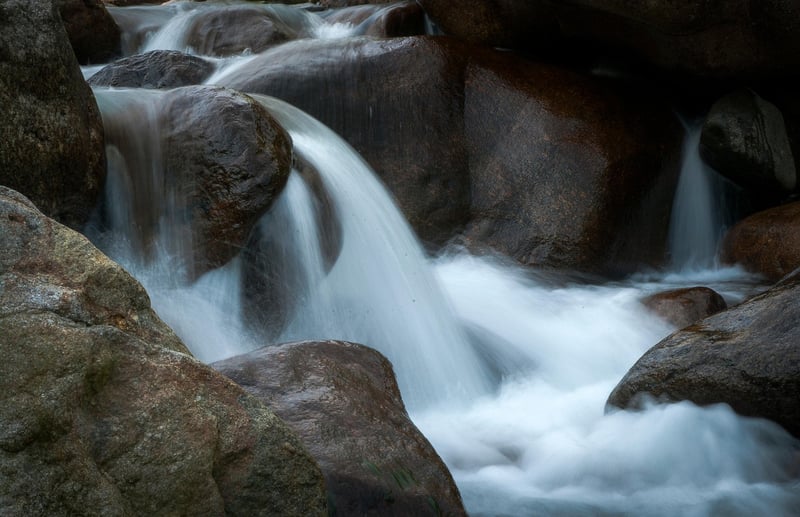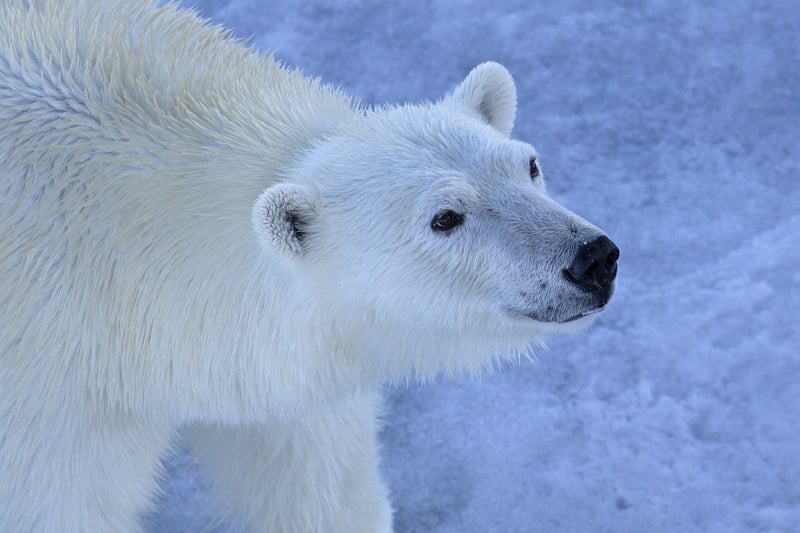Nature Conservation
Social & Environmental Impact + Nature Conservation
When it comes to protecting our planet and its precious ecosystems, the intersection of social and environmental impact plays a crucial role. Nature conservation efforts not only safeguard biodiversity but also have far-reaching positive effects on communities and society as a whole.
The Importance of Nature Conservation
Nature conservation is vital for maintaining the delicate balance of our environment. By preserving forests, oceans, and wildlife, we ensure clean air, water, and a stable climate for future generations. Moreover, healthy ecosystems provide food, medicine, and other essential resources that support human well-being.
Social Benefits of Nature Conservation
- Community Engagement: Conservation projects often involve local communities, empowering them to protect and manage natural resources sustainably.
- Economic Opportunities: Nature-based tourism and sustainable agriculture create jobs and boost local economies.
- Health and Well-being: Access to green spaces and clean environments improves physical and mental health.
Environmental Impact of Nature Conservation
Conserving nature helps mitigate climate change, protect endangered species, and preserve biodiversity. By reducing deforestation, promoting renewable energy, and implementing conservation practices, we can lessen our ecological footprint and ensure a healthier planet for all living beings.
Get Involved in Nature Conservation
There are various ways to contribute to nature conservation:
- Supporting local conservation organizations
- Volunteering for clean-up events and tree planting activities
- Reducing waste and adopting sustainable lifestyle practices
- Advocating for policies that protect the environment
Remember, every small action counts towards preserving our planet and creating a more sustainable future for generations to come.

Together, we can make a difference!
